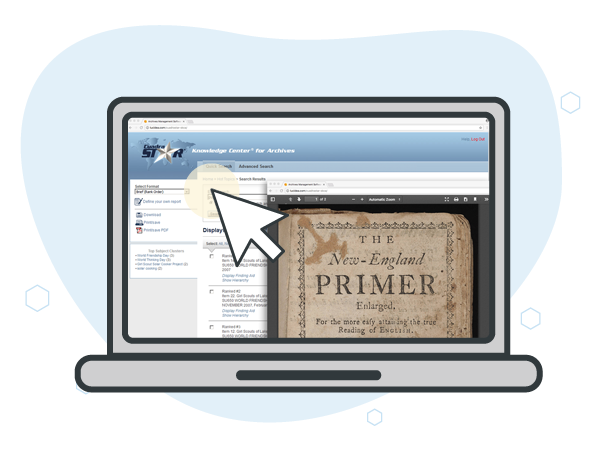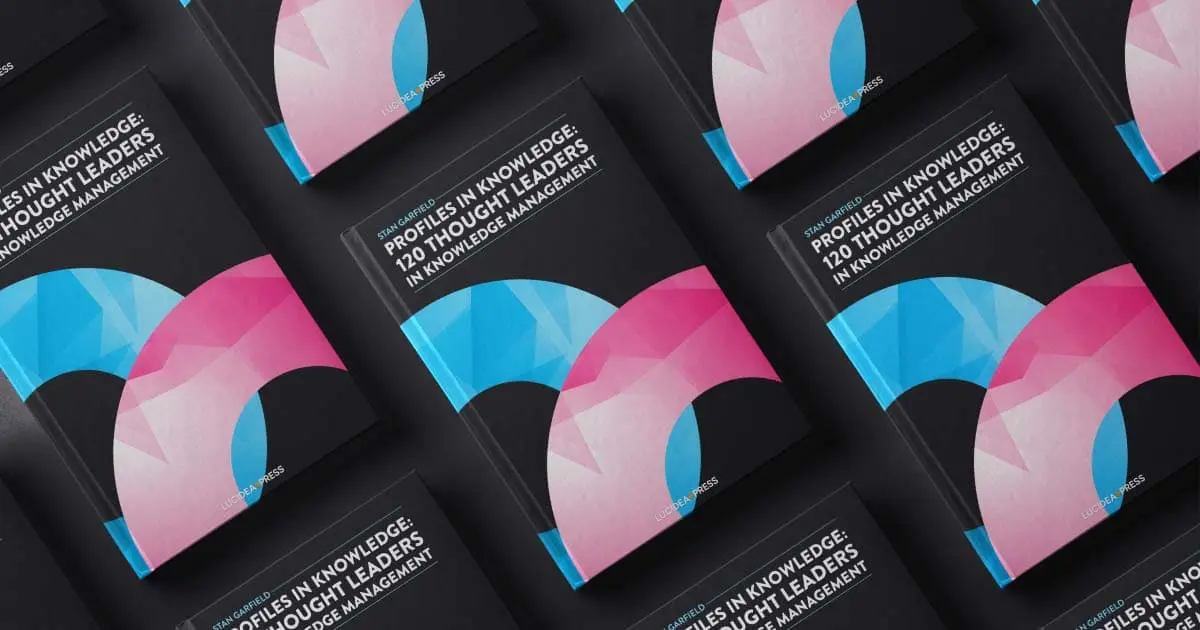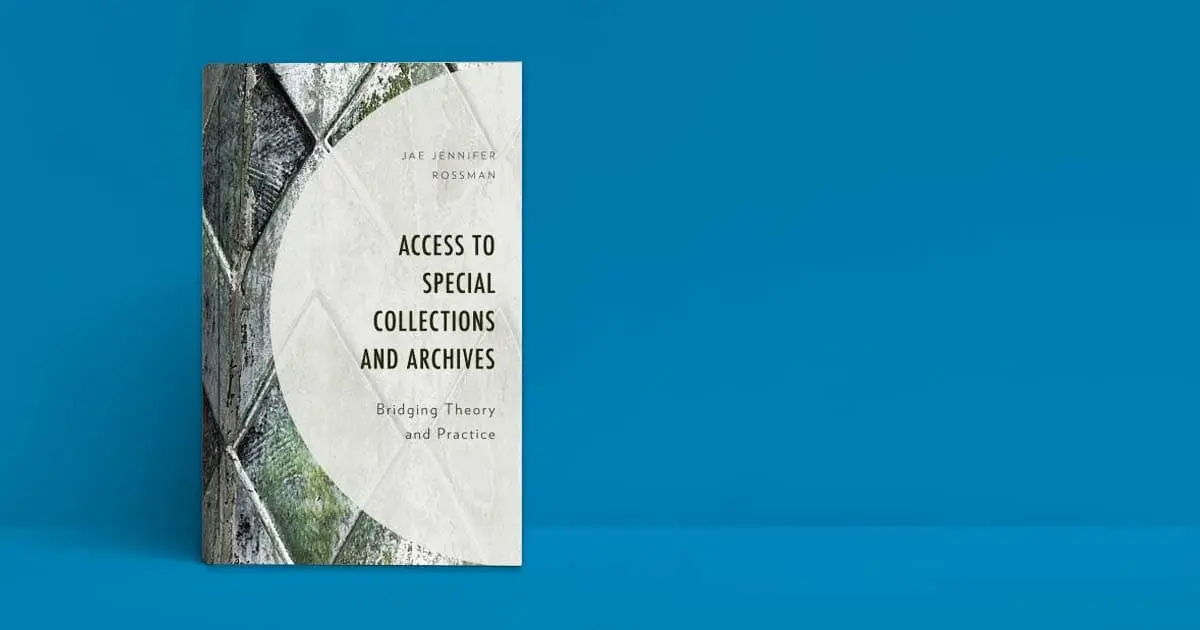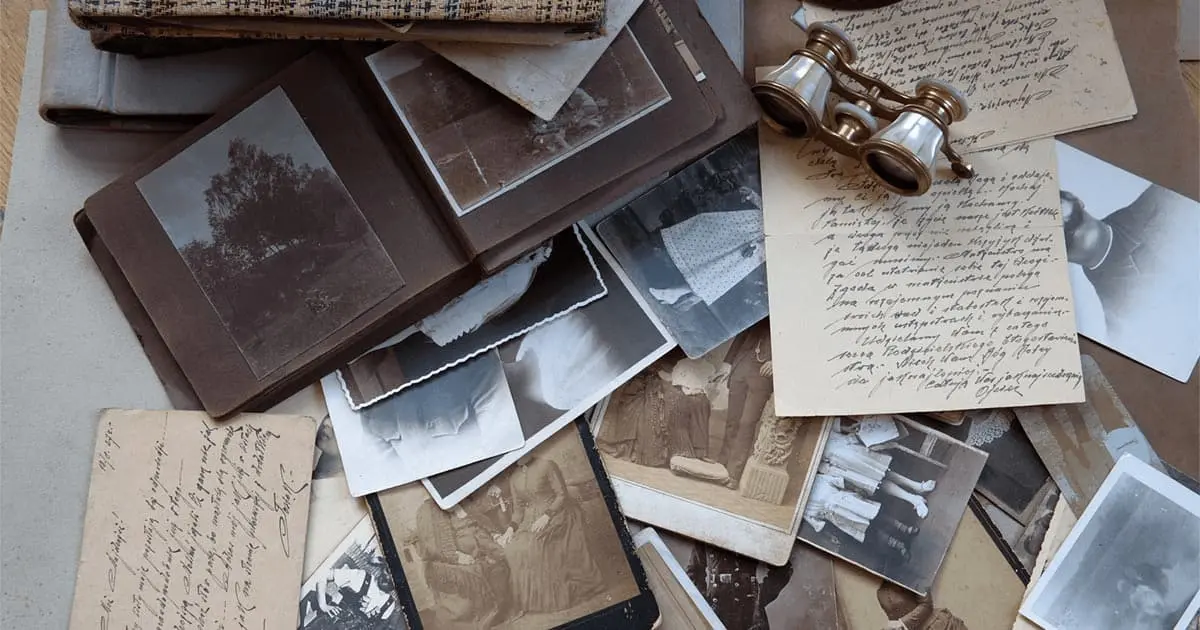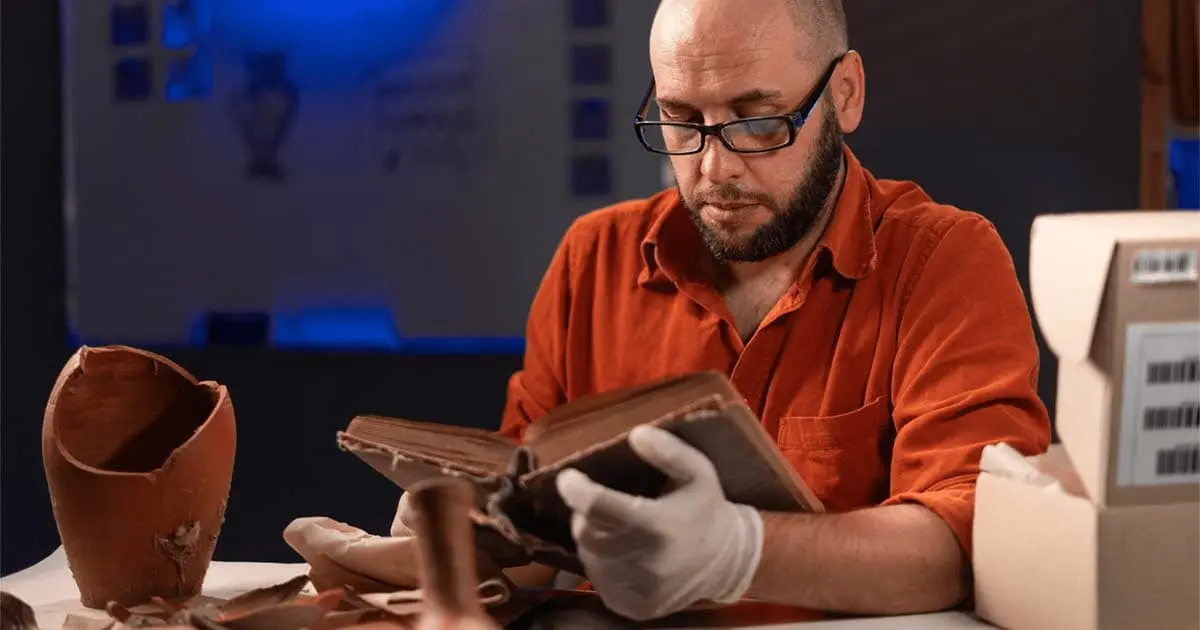CuadraSTAR SKCA Success Story
Baylor University Library & Archives, and CuadraSTAR SKCA: Inspiration, Discovery and Impact
 Baylor University has multiple libraries and archives, staffed by ~30 members who maintain over 2,500 different archival collections, more than 2 million photographs, 15,000 historic maps, and hundreds of thousands of print materials in addition to other unique objects and artifacts.
Baylor University has multiple libraries and archives, staffed by ~30 members who maintain over 2,500 different archival collections, more than 2 million photographs, 15,000 historic maps, and hundreds of thousands of print materials in addition to other unique objects and artifacts.“CuadraSTAR SKCA is seamless, exceptionally powerful and unbelievably reliable. It is highly flexible, but allows for standardization across our many different libraries and archives at the same time. It helps us provide better access, not just better control of cataloging and processing—unlike open source options, SKCA is a full collections management and discovery solution.”
JOHN WILSON
Associate Dean for Special Libraries and Director of the Texas Collection
–and–
PAUL FISHER
Processing Archivist, The Texas Collection
Baylor University
Baylor University Library and Archives Challenges, CuadraSTAR SKCA Solutions

Better access and discovery, not just better control

Powerful and easy customization options

Cost effective and vendor hosted (SaaS)

Enduring value and relevance
Opening the doors
When John Wilson (now Baylor’s Associate Dean for Special Libraries and Director of the Texas Collection) first became Director of the Texas Collection, he inherited a manual system for managing the various collections, thousands of which were underused. Mr. Wilson decided it was necessary to implement an online, vendor-hosted system with which they could unify the special collections and offer a federated catalog. The overarching goal was to provide better patron access to the University’s materials, enabling faculty, researchers and others all over the world to experience the breadth and depth of Baylor’s archival and library resources. To fulfill their goal, they needed a system that was easy to use; enabled standardization with regard to finding aids and collection processing; would be maintained and updated (to meet evolving national standards) by the vendor rather than by University programmers, and would be built on a structure that would hold up well into the future. When the Baylor University Libraries and Archives decided to select an interactive online system, there was little precedent to follow, but after a number of product evaluations, Mr. Wilson selected CuadraSTAR Knowledge Center for Archives (SKCA) as their solution. There were several important reasons for the selection of SKCA in addition to its rich functionality and feature set: Per Mr. Wilson, CuadraSTAR has a “great track record” of customer service and receptivity to client input—and there is a “relationship orientation, and continued interest in working with clients” beyond the initial sale and implementation.
Inspiring Change
Implementation of SKCA started with The Texas Collection, Baylor University’s oldest special collections library, which also serves as the University Archive that collects, preserves and provides access to materials on the history, heritage and culture of Texas. Paul Fisher, The Texas Collection’s Processing Archivist, agrees with John Wilson that as “librarians and archivists, what works for us may not work for others.” However, it was the hope that other Baylor Libraries would be interested as they saw the system in action, and would ultimately come aboard. Getting The Texas Collection fully cataloged involved a one-year pilot and a successful implementation which ultimately made SKCA attractive to other Directors at the University as an alternative to what they were doing manually—really demonstrating how it could help them with the discovery process of their own collections, and inspiring them to make the change.
Unifying Results and Impact Upon the Profession
Other Directors at Baylor’s Libraries and Archives were indeed inspired by SKCA’s successful implementation. BARD—the Baylor Archival Repositories Database—is powered by CuadraSTAR, and is now the gateway to archival research materials in several Baylor Libraries special collections, including The Texas Collection, the Baylor Collections of Political Materials, the Armstrong Browning Library and The Keston Center for Religion, Politics and Society. Per Paul Fisher, staff have responded well to having everything in one place, for entry and updating, as well as for accessing past inventories, past finding aids, legal documents and donor files that had been in cabinets, catalog cards, binders, and word processing files for 50–60 years. Archival staff and graduate students at BCPM and The Texas Collection use SKCA for processing archival collections, and as a result their professional opportunities are expanded, because they have experience with an online collection management system. Archives require a tremendous amount of human resources and capital, and if the collection is not discoverable, it’s a significant waste of money. Opting to fully leverage an online solution to enable access and discovery is partly a business equation. SKCA’s ease of use and robust functionality allows Library and Archives staff to spend most of their time working with materials or with donors to help them understand the provenance of artifacts and objects—how they get to the University… and why they are so very important.
More CuadraSTAR SKCA Success Stories
CuadraSTAR SKCA Success Stories
Request a CuadraSTAR SKCA Demo
